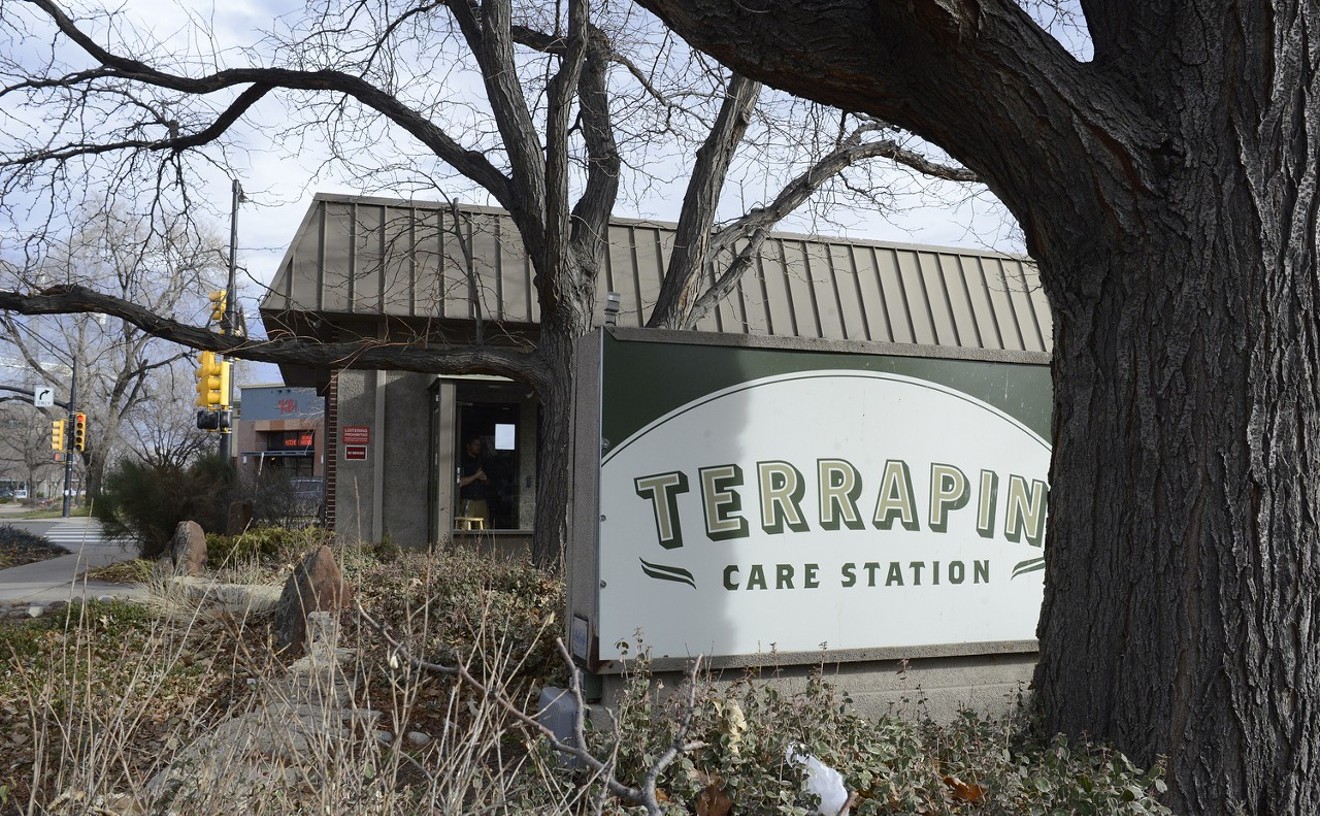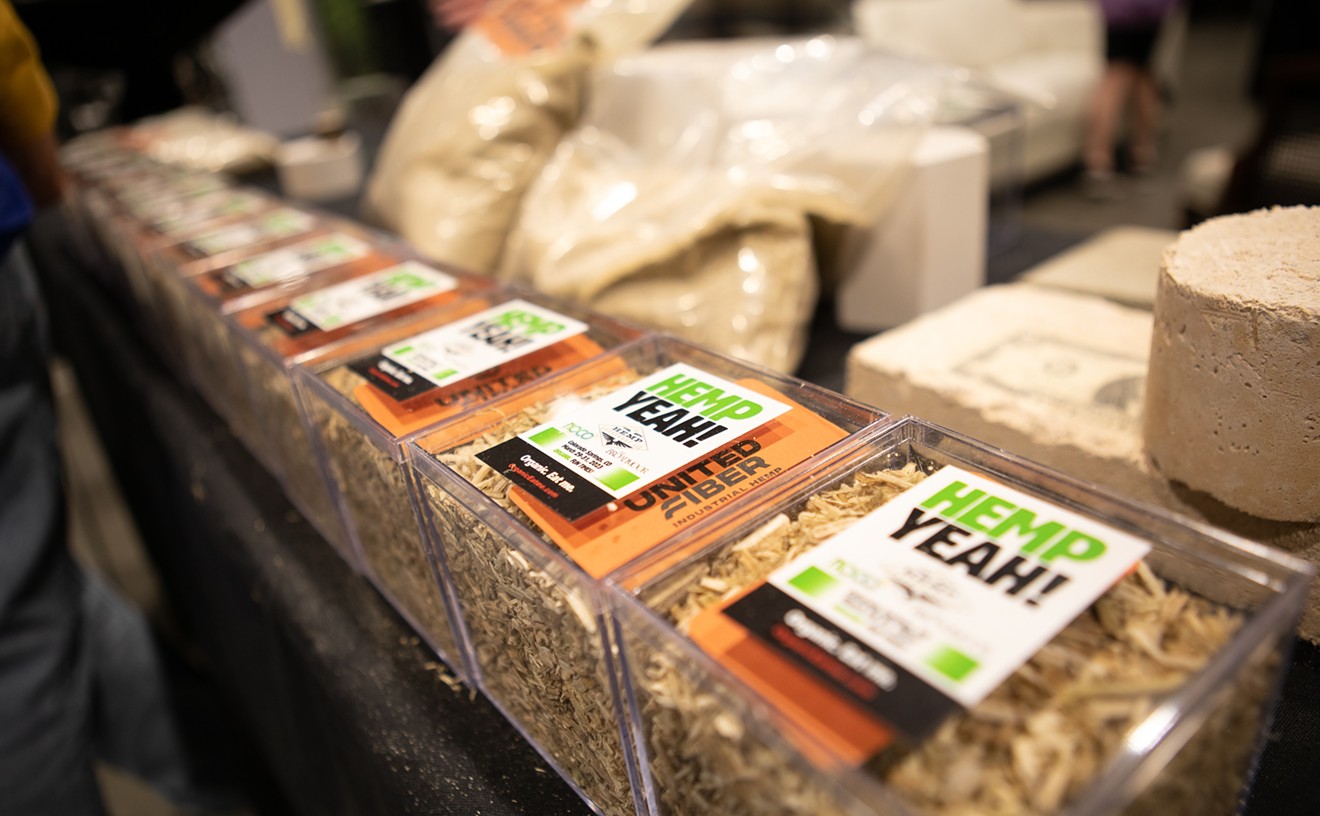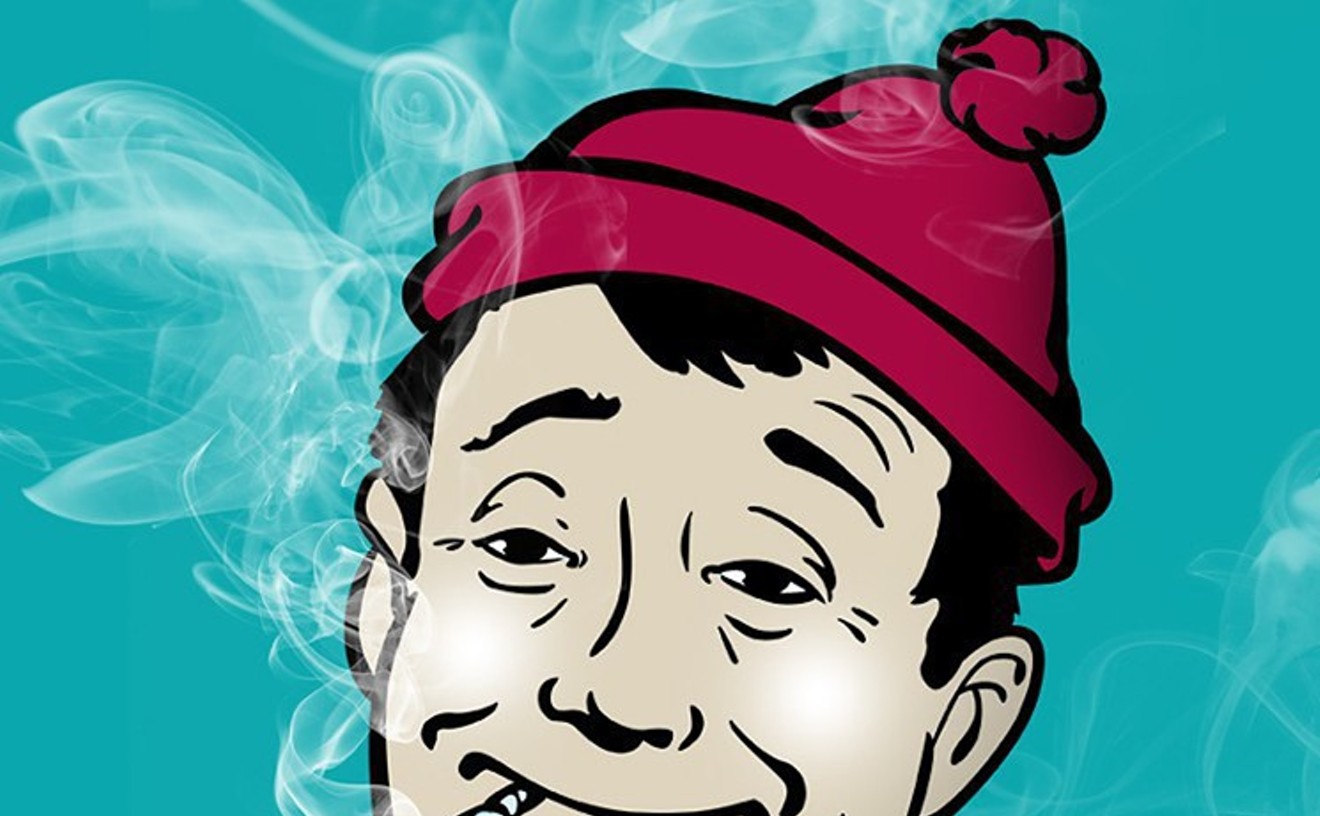For decades, cannabis has been portrayed as an illicit substance associated with burnouts and addicts, one that clouds mental performance and drains ambition. However, long-standing opinions are beginning to change as more research continues to demonstrate the medical benefits of THC and CBD oil with regard to such debilitating conditions as Alzheimer’s. Senior citizens, who lived during the time of marijuana’s demonizing prohibition, ironically may be the fastest-growing demographic that can benefit the most from its medicinal properties.
Seizing the opportunity to serve this underrepresented group, Etain, one of the five registered medical marijuana suppliers in New York State, is seeking to target nursing homes and elderly patients. According to Etain’s homepage, this family-run, women-owned business is “committed to manufacturing clean, safe, and consistent medical marijuana products for patients in New York State.”
Launched in July 2014, New York’s medical marijuana program has struggled to attract new patients. With only 863 registered practitioners and 13,829 patients currently enrolled, officials estimate that half that number will continue to be repeat customers.
Nursing homes in New York City, like Hebrew Home at Riverdale, is offering elderly residents the opportunity to use medical marijuana as an alternative to prescription drugs. Staff members do not store or administer any treatment, but residents are allowed to purchase certified THC and CBD products and keep them in locked boxes in their rooms.
In Colorado, the majority of patients who are forty and older report using marijuana for sleep-related ailments, says Tim Cullen of Colorado Harvest Company. Cullen, a high-school biology teacher, turned to cultivating marijuana to remedy the Crohn's disease that afflicted him and his father.
"Patients in nursing homes are less likely to buy weed to smoke," Cullen says. "We see more products like topical creams, transdermal patches and low-dose capsules that are private and discreet."
In an attempt to gain more support, eligibility for medical marijuana treatment in New York State was expanded to include “chronic pain” as a qualifying condition in December 2016. Other qualifying conditions include cancer, HIV infection or AIDS, ALS, Parkinson’s disease, multiple sclerosis, epilepsy and neuropathies.
Alongside the wider range of medical conditions, regulatory amendments now allow authorized nurse practitioners to certify patients for medical marijuana in New York. Treatment methods are strictly defined by state law to include only liquid or oil for oromusosal sprays, liquid for vaporization and capsules for oral administration. Currently no smoking or edible forms of medical marijuana are approved in New York State.
Colorado's Medical Marijuana Registry Program began in 2001. Since then, no qualifying conditions have been added to a list that includes cancer, glaucoma, cachexia, HIV and AIDS, seizures and persistent muscle spasms. However, the Colorado Senate just approved SB 17-17, which calls for the inclusion of PTSD and stress disorders on the medical registry; that bill is currently in the Colorado House.
Registered caregivers are required to renew their registration annually in Colorado; they include parents of minor patients, advisors for medicinal use of marijuana, transporting caregivers who deliver marijuana to homebound patients, and cultivating caregivers who can cultivate up to 99 plants.
While elderly patients represent a larger demographic of medical marijuana users, questions on safety, dosage and accessibility still discourage many doctors and facilities from integrating marijuana into their treatment programs. Even in states where recreational marijuana is legal, many nursing homes do not consider its use, and physicians often decline to prescribe it for older patients.
"It is an area that's important to look at," Dr. Igor Grant, director of the Center for Cannabis Research at the University of California, told the New York Times. “Older people can be more sensitive to medicine.It’s possible a dose safe for a forty-year-old may not be for an eighty-year-old.”
Grant was among the first researchers involved with California's Compassionate Use Act in 2001, which called for determining scientifically whther marijuana has therapeutic value. Currently he is the director of the HIV Neurobehavioral Research Program, which covers a wide range of research on the effects of various diseases, including HIV/AIDS, as well as alcohol and drug abuse on the brain. Additionally, Grant's team studies the psychobiological effects of stress on elderly patients, studies that now incorporate research on short-term effects of cannabis therapy on muscular spasticity in MS and how cannabis affects driving abilities.
The emphasis on non-smoking methods can make regulating doses challenging. For families with elderly patients who may be thinking of cannabis treatments, it's critical to do the proper research. "What's important is to make sure that the [elderly] family member actually wants this treatment," Cullen says. "Speak to their doctor and see how this may interact with other drugs they are taking. No one should be asking a sales associate in a dispensary what's an adequate dose for medical treatment."
Cullen emphasizes the importance of continued study. "There is still very little university research around the benefits of medical marijuana because it is still limited to federal funding and is risky to test," he says. "Good medical research needs to exist regardless of laws. Regardless of laws, it is a medicine with benefits."
[
{
"name": "Air - MediumRectangle - Inline Content - Mobile Display Size",
"component": "12017618",
"insertPoint": "2",
"requiredCountToDisplay": "2"
},{
"name": "Editor Picks",
"component": "17242653",
"insertPoint": "4",
"requiredCountToDisplay": "1"
},{
"name": "Inline Links",
"component": "18838239",
"insertPoint": "8th",
"startingPoint": 8,
"requiredCountToDisplay": "7",
"maxInsertions": 25
},{
"name": "Air - MediumRectangle - Combo - Inline Content",
"component": "17261320",
"insertPoint": "8th",
"startingPoint": 8,
"requiredCountToDisplay": "7",
"maxInsertions": 25
},{
"name": "Inline Links",
"component": "18838239",
"insertPoint": "8th",
"startingPoint": 12,
"requiredCountToDisplay": "11",
"maxInsertions": 25
},{
"name": "Air - Leaderboard Tower - Combo - Inline Content",
"component": "17261321",
"insertPoint": "8th",
"startingPoint": 12,
"requiredCountToDisplay": "11",
"maxInsertions": 25
}
]











